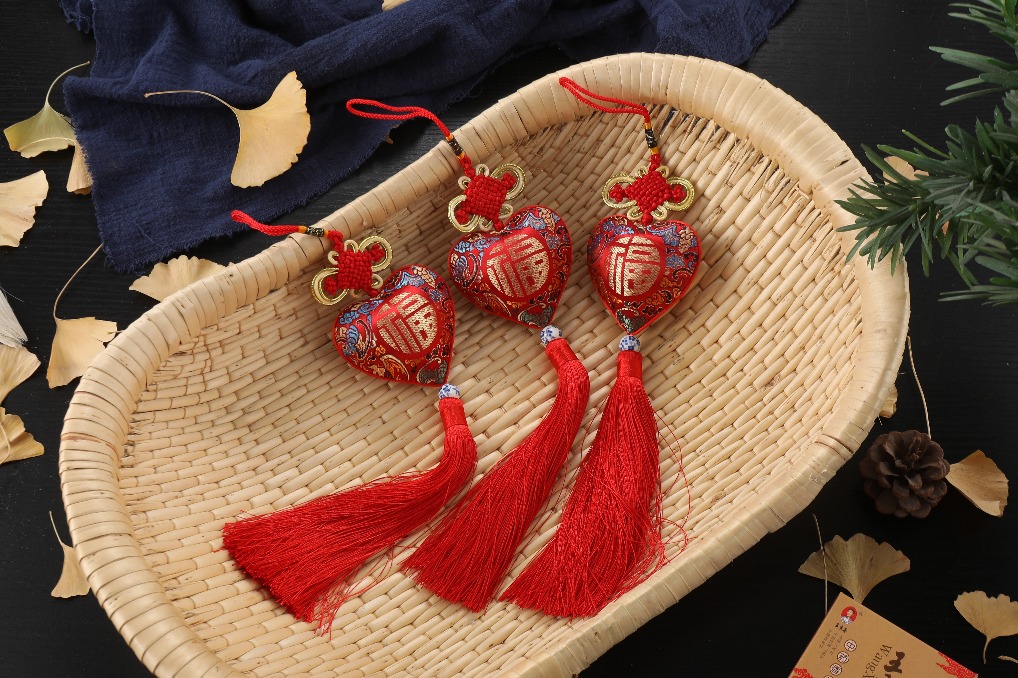Walk in the mists of time


Ancient towns showcase how life takes on a whole new meaning, Yang Yang reports in Fenghuang, Hunan.
My fascination with Xiangxi, the western region of Hunan province in Central China, was first sparked more than 15 years ago by a friend's vivid account of her visit to Fenghuang ancient town.
She painted a picture of a damp guesthouse nestled in riverside stilted buildings, creaky wooden floorboards underfoot, ethereal morning mist hovering over the Tuojiang River, and the stepping stones crossing the river — all as enchanting as the scenes depicted in the works of Chinese modernist writer Shen Congwen (1902-88). After all, Fenghuang, meaning "phoenix", is the hometown of this beloved author.
During these sweltering summer days, Xiangxi is oppressively hot. At noon, the sun scorches the land, its intensity amplified by high humidity. Even the slightest movement causes sweat to spring and drip, leaving one feeling sticky all over.
Yet, as I entered the ancient town's gate and descended a few steps, I was greeted by a view that perfectly matched my imagination.
The Tuojiang River, a clear greenish expanse, is much wider and faster-flowing than I had envisioned. Tiers of brownish-gray buildings line the riverside, and dark-blue mountains loom in the distance. People traverse the river on stepping stones, near a slender wooden bridge.
Captivated by this refreshing scene, I immediately fell in love with the town.
After exploring the former residences of Xiong Xiling (1870-1937), a prominent statesman, educator and philanthropist in modern Chinese history, and Shen, along with other famous attractions, my colleague and I embarked on a boat journey across the Tuojiang River, passing through the town's signature bridges.
























